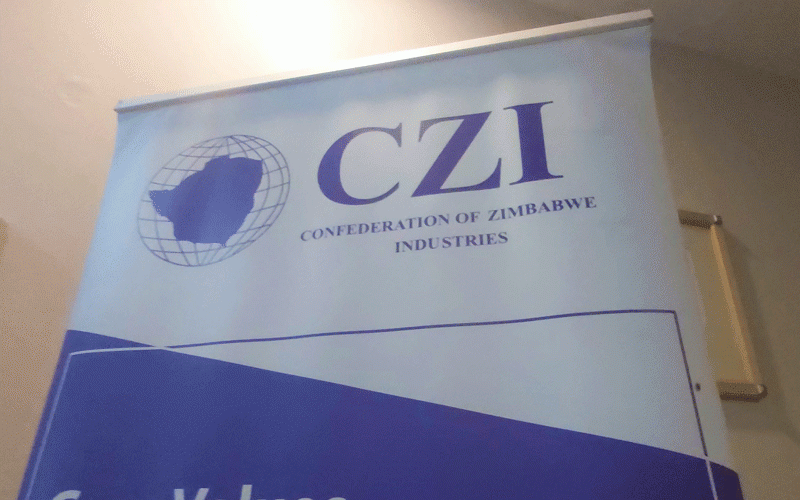
ABOUT a third of the local manufacturers are ready to compete in the Africa Continental Free Trade Area (AfCFTA), the Confederation of Zimbabwe Industries (CZI) has said, amid calls for the removal of impediments for more firms to tap into the world’s largest trading bloc.
The AfCFTA is an initiative that was adopted by the African Union to drive intra-African trade, thereby boosting economies on the continent.
The AfCFTA, which came into force in January 2021, is tipped to lift 100 millions Africans out of poverty and contributes US$450 billion to Africa’s gross domestic product by 2035, according to a report by the World Bank.
Presenting data from a CZI survey an information dissemination workshop for industry on Zimbabwe tariff offer product categories for the AfCFTA, CZI’s economic research officer Macdonald Mutego yesterday said 45% of industry were not ready.
“As CZI, we did a survey and, in that survey, we included a question asking, are you ready to compete in the African jurisdiction? Overall, 34% of the survey came back saying that they were ready to compete. Twenty-one percent said they were not sure if they were ready to compete,” Mutego said.
“Forty-five percent said they are not ready. They said we cannot compete with our regional counterparts. They said if you open our borders, we cannot compete.”
Of those who were not ready, the survey revealed that these companies were concerned about the cost of doing business, the tax regime and regulatory costs related to the AfCFTA.
“So, we grouped these companies into small, medium, and large categories. Fifty percent of the large companies said they could not compete and were not ready,” Mutego said
- Mthuli Ncube abandons struggling consumers
- Fears of jobs carnage as crisis deepens
- Fresh warning over bank rate hikes
- In Conversation with Trevor: ‘Zim must invest in human capital’
Keep Reading
“In the medium category, 48% said they were not ready and 40% of small companies were not ready. I was very worried when 17% of the large companies said they were not sure if they would be able to compete. It shows that there is a gap in the information on AfCFTA.”
He said that companies noted that the cost of production was higher in Zimbabwe compared to other countries making local firms uncompetitive.
“And the key driver, they said, is electricity. They said the charges, even the availability of electricity is a challenge. If you don’t have electricity, now you have to use generators, which is costly for companies,” Mutego added.
“They also said that Zimbabwe is a highly taxed country, and the high taxation impacts heavily on their operations. They also talked about high labour costs. Another point that was emphasised by many companies was the unfavourable regulatory environment in the country. From 2001 to the start of the AfCFTA, 80% of the costs of companies are regulatory costs. So, our regulatory environment is prohibitive to companies.”
Mutego said there was a need to work on getting financing to make products up to standard with the region.
However, financing remains a big challenge for corporates.
“We need to secure adequate financing for them to prepare so that they can compete, update their technology, and produce products that meet the regional standards. They also said that the cost of capital was very expensive in the country, and there is no long-term funding in the country,” he said.
Mutego encouraged the government to do an impact assessments on the sector before making regulatory changes to improve the ease of doing business.










